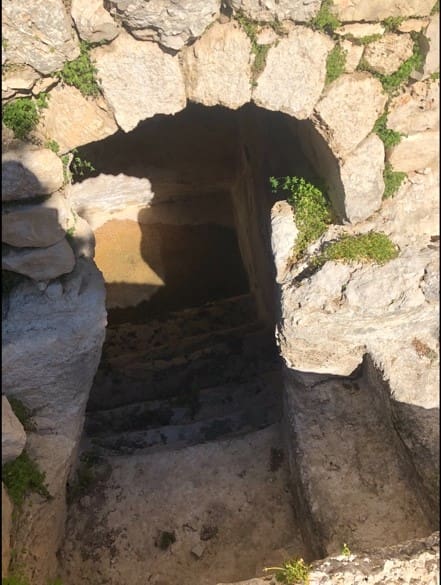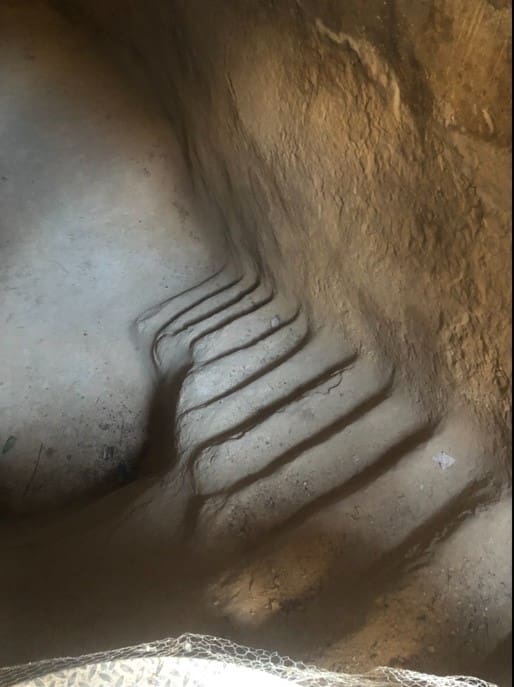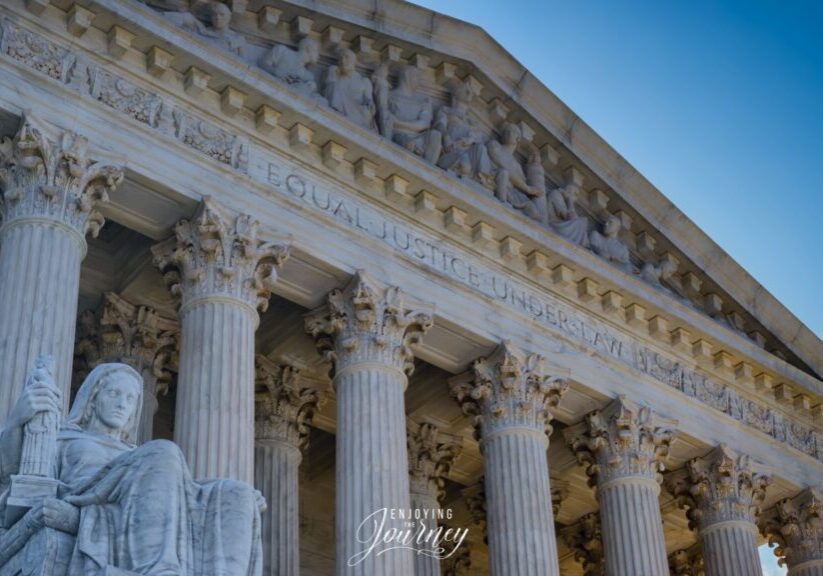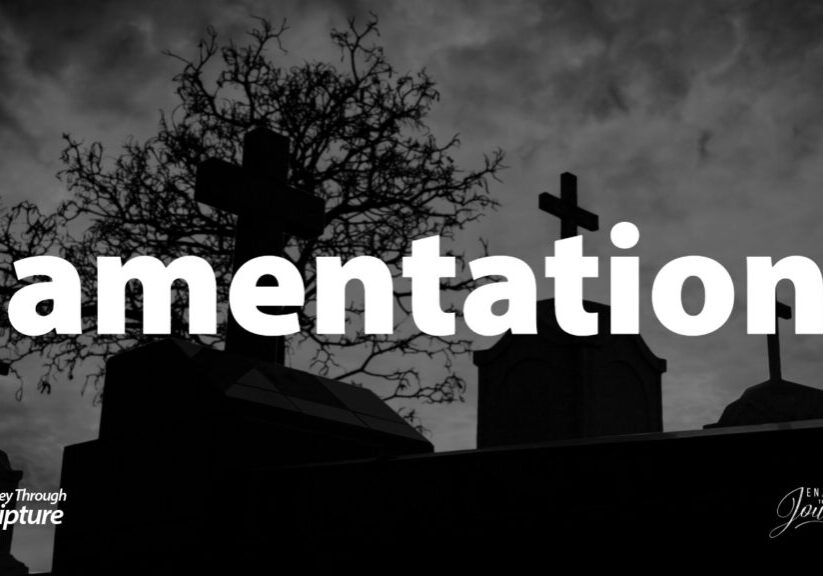
The Hope of Israel | Mikveh in Scripture
“O Lord, the hope (mikveh) of Israel, all that forsake thee shall be ashamed, and they that depart from me shall be written in the earth, because they have forsaken the Lord, the fountain of living waters” (Jeremiah 17:13).
The desert prophet Jeremiah used some evocative language in his poetry. One of the words he used, mikveh, comes loaded with additional meaning if you delve into the culture of the ancient people of the Bible.
Most Christians have heard of a synagogue, but many are not familiar with the mikveh. They are of utmost importance to Jews and have been since ancient times. In fact, the rabbis of antiquity wrote that if a Jewish community did not have a mikveh, they should sell their synagogue, or even their Torah scrolls and use the money to build a mikveh.
What Is A Mikveh?
So what is a mikveh? Simply put, it is a pool of living water. The pool can be natural, such as a spring or a lake. Or it can be manmade, as is often the case. These manmade pools of living water began to appear in the first century. Some scholars assert that the most well-known mikveh from antiquity was the Pool of Siloam where Jesus sent the blind man to wash after his healing.
A key component of the mikveh is that it must be filled with living water. It should be deep enough for a person to immerse themselves fully. The ancient rabbis defined living water as water that came from God, such as rain or a spring from the earth. You cannot fill the mikveh with water from a barrel, a pipe, or through any human means. It must be filled with living water, water from God. Even a lake that is not spring-fed will not serve as a mikveh. So when the prophet rebukes the people for rejecting their hope, their mikveh, he is poetically invoking a pool of living, cleansing water that came as a gift from God. He makes this plain when he said that they have “forsaken the Lord, the fountain of living waters.”
The Mikveh In Scripture
The Books of Moses repeat over and over again that people should wash themselves in water when they are unclean. Even today, any town with a Jewish population will have a mikveh that is in regular use for immersion to cleanse from impurities, or to prepare for a synagogue service. In the book of Mark 7:4, we read of the Pharisees, and all the Jews “And when they come from the market, except they wash, they eat not. And many other things there be, which they have received to hold, as the washing of cups, and pots, brasen vessels, and of tables.” The Greek word used for wash is baptizo, in other words, they fully immersed themselves after their visits to the market. This would have almost certainly been in a mikveh to cleanse themselves from any ritual impurity that they acquired while they were in public. Like modern Jews, the Pharisees and others also immersed certain objects that became ritually impure in the mikveh.
In Jeremiah 14 we see this word in a similar context. There, the people of Israel are suffering from a devastating drought. Jeremiah writes how the people are searching for water and cannot find it, even in the massive cisterns that dotted ancient Jerusalem as a defense against sieges and droughts. The helpless animals in the fields are suffering because of the drought. Why? It is because God’s people have forsaken Him, their fountain of living water. The prophet asks rhetorically, “are there any among the vanities of the Gentiles that can cause rain? Or can the heavens give showers?” The prophet preaches that only God, the mikveh of living waters, is their hope. In verse 8 he laments, “O the hope (mikveh) of Israel, the saviour thereof in the time of trouble, why shouldest thou be as a stranger in the land, and as a wayfaring man that turneth aside to tarry for a night?”
The Mikveh and the Christian
How about your life? Are you experiencing dryness in your life? Do you go seeking in the world for what you need, only to come up empty? Is it possible that you have turned toward the vanities of this world and not toward the fountain of living waters who is your hope? Are you treating your God as if He were a stranger and just passing by? If so, the prophet gives us the key: “We acknowledge, O LORD, our wickedness…..for we have sinned against thee.” (Jeremiah 14:20) Repent of your waywardness and return to God who is the hope of Israel and the world.
Mikveh from the first century on Mount Zion in Jerusalem. This was a priestly area during the Second Temple period. As such, it is likely that this mikveh was used by Pharisees during the time of Jesus. It has steps leading down and a small amount of rainwater is pooled at the bottom.
An ancient cistern in Arad, in the south of Israel. These are common across the land of the Bible. They were carved into the bedrock and could hold enormous amounts of water. The staircase down would have had a handrail in antiquity. In times of extreme drought, even the cisterns would go dry. Photo by John Buckner
Discover more from Enjoying the Journey
Subscribe to get the latest posts sent to your email.








